The views expressed in our content reflect individual perspectives and do not represent the authoritative views of the Baha'i Faith.
We would like to honor the late Philip Obah, also known as Wagan Guburu, an elder of the Wadja Tribe of Northern Queensland in Australia, who passed away in 2021. This article is dedicated to his memory.
(Cultural Advisory: Aboriginal and Torres Strait Islander people should be aware that this article contains names of deceased persons — and/or related images, photographs, video, written/printed material, and/or websites.)
Philip Obah was Australia’s Minister for Foreign Affairs; the Development and Trade Minister for Foreign Affairs; and the Development and Trade official for the Wadja Tribal Governing Council. In a news story that appeared in the December 2000 Australian Baha’i Report, a photograph of Philip Obah appears, next to the headline, “Indigenous Australian elected to represent Australian Baha’i community.”
The story reports that Philip Obah was elected to the National Spiritual Assembly (NSA) of the Baha’is of Australia, to fill the vacant position left by Dr. Graham Hassall, who had accepted an academic position in Switzerland. Mr. Obah, whose home was in Kururrungku (Billiluna), in far northwestern Australia, was the second Australian Aboriginal person to be elected to the NSA of Australia, the first being Elizabeth Anderson, who served as an NSA member from 1966 to 1972.
This election was not unusual, however, since democratically-elected Baha’i Assemblies in many places around the world have long benefitted from the participation, the voices, and the wisdom of elected Indigenous members. How does that happen, though? What do the Baha’is who elect their leadership look for in the ones they elect? In this article, Chris and Kevin delve into those questions.
RELATED: Patricia Locke’s Dual Belief in White Buffalo Calf Woman and Baha’u’llah
Q: Baha’is have no clergy, and the Baha’i teachings ask each Baha’i to vote for and elect administrative leaders without nominations, campaigning, or any taint of politics, in a silent, prayerful, “rarified atmosphere of selflessness and detachment.” The Guardian of the Baha’i Faith, Shoghi Effendi, recommended that Baha’is vote for those people “… who can best combine the necessary qualities of unquestioned loyalty, of selfless devotion, of a well-trained mind, of recognized ability and mature experience.”
Kevin, back in May 2001, you encountered Philip Obah when you were en route from Nepal to Haifa, Israel, for your pilgrimage to the Baha’i World Centre on Mount Carmel, in a journey that you describe as passing “close to the highest mountain in the world” in traveling “to the holiest mountain in the world.” In your journal, you wrote:
May 19–20, 2001 London
Arrived pretty well on time in Heathrow and started out on my now familiar path to the Piccadilly Line. … Right away I came upon Philip Obah and another Aboriginal fellow from near Alice Springs, Australia. They were both transiting through London on their way to Haifa. I asked Philip if he could share a little with the largely non-Baha’i hip Londoners there. There were several excellent musical presentations, and then Sandy asked me to share. I did just a short song and then I introduced Philip, and he shared his paintings depicting “Progressive Revelation” and “Carmel Projects.” His perspective is so unique and so Aboriginal that the listeners were spellbound and didn’t even mind his direct references to the Messengers of God, and that Baha’u’llah is the Messenger for this Day. Nor did they mind it when Philip spoke of the new [Baha’i] laws that are imperative for this day. He put these in context with the former laws — all of this is strictly taboo in polite European society — but Philip totally got away with it. I told Philip that I would double-check that his time will be fully utilized during his visit to South Dakota in a couple of weeks!
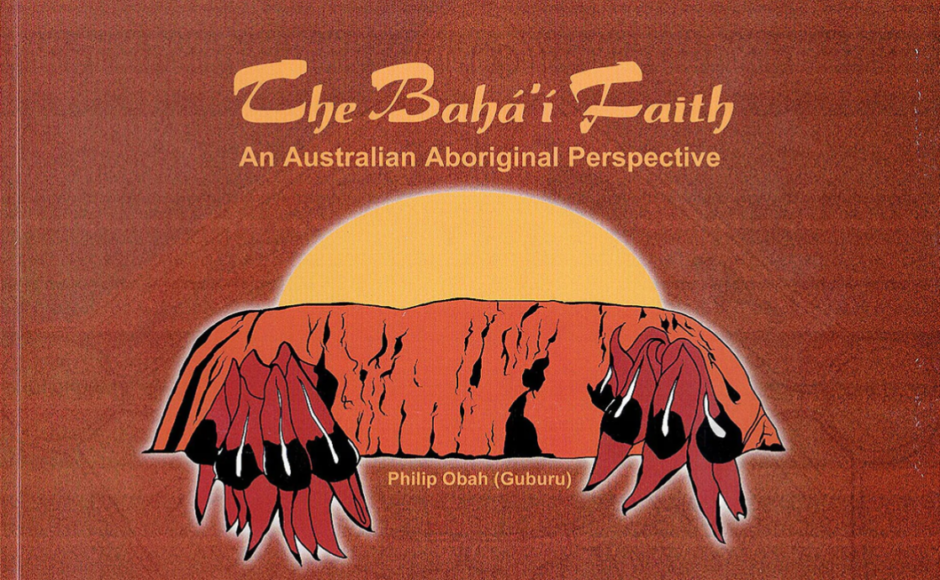
During the next year, Philip Obah first published his book, Baha’i Faith: An Australian Aboriginal Perspective. (Read a preview here.) Mr. Obah’s insights on “Progressive Revelation” appear on page 5 of his book, and “Carmel Projects” is featured on page 20. Page 4 presents this chart of divine messengers:
The Progressive Revelation
Ancient Cycle — Tjukurpa
Baiame
Bunjil
Dhurramulan
Wandjina
Rainbow Serpent
Kangaroo/Emu
Adamic Cycle
Abraham
Krishna
Moses
Zoroaster
Buddha
Jesus
Muhammad
Baha’i Cycle
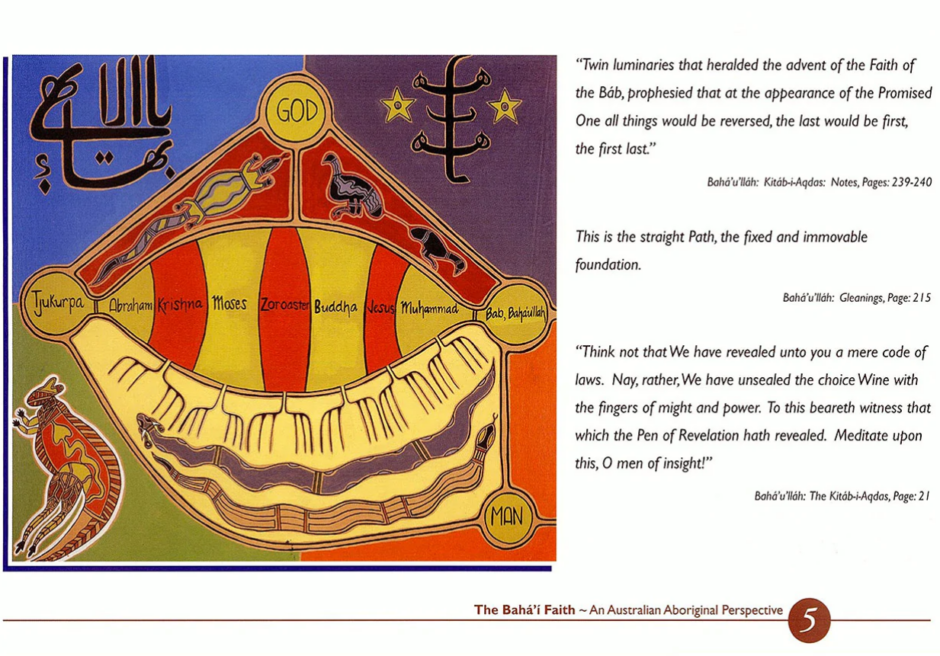
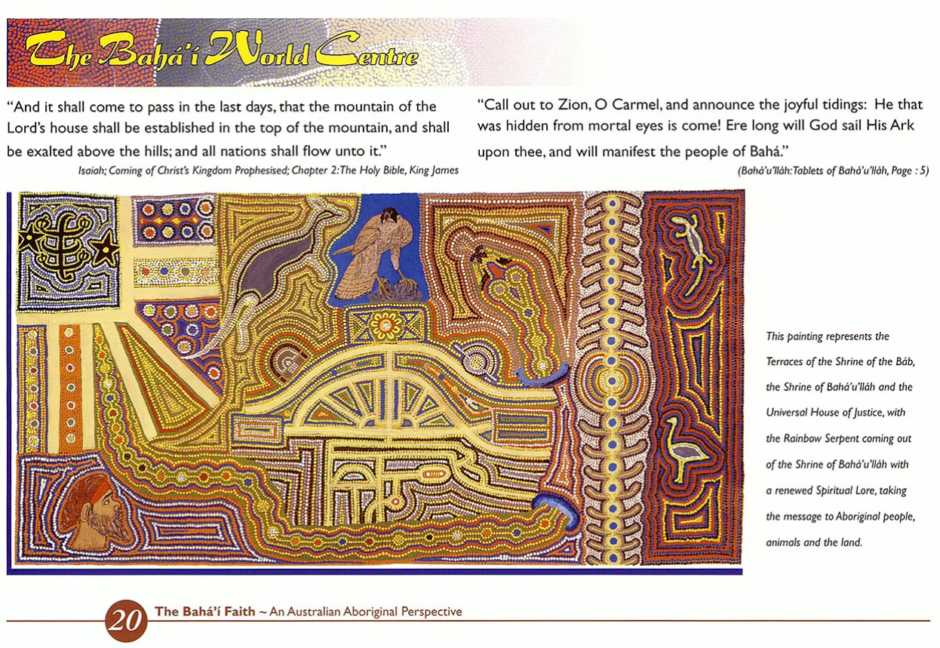
In his book, Philip Obah provided this explanation:
Tjukurpa – The Ancient Cycle
During the Ancient cycle God appeared to Aboriginal people in many forms. He appeared as a human being by the names of Baiame, Bunjil and Dhurramulan. In spiritual forms as the Wandjina, Rainbow Serpent and in animal form as the Kangaroo, Emu, many other animals and within the land. He created everything for the people and asked in return that they keep His Lores (The Covenant).
Previously, in our ongoing “Indigenous Messengers of God” series, we’ve published articles on Bunjil and the Rainbow Serpent. In light of all this, Kevin, would you like to comment?
A: Yes! I was blessed to know and share many wonderful experiences with Philip, and to witness how fearlessly and resolutely he upheld his Indigenous Australian spiritual heritage – and how assiduously he worked to present his research about the connections between that heritage and the Baha’i teachings to his own people and beyond.
RELATED: Bochica, Indigenous Messenger of God in Colombia
Q: On page 4 of Philip’s book, he included the following message from the Universal House of Justice, dated July 25, 1998:
The House of Justice supports the view that in every country the cultural traditions of the people should be observed within the Baha’i community as long as they are not contrary to the Teachings.
Would you please comment on the significance of this enlightened Baha’i policy?
A: The Baha’i Faith stands for the oneness of all humanity, as Baha’u’llah taught: “… the light of unity hath shone forth above the horizon of the world, and the law of oneness hath been revealed amidst the nations …”
As we experience the unfolding of that universal law, and the gradual but inevitable process of the ingathering of humankind as a single, far-flung tribe of many tribes, we have before us the exciting prospect of recognizing our collective inheritance of riches from the kaleidoscopic treasury of our global heritage. In this process, surely we will be guided by the wise and inspired counsel of the Universal House of Justice. In my autobiography, Arising, I felt compelled to write about this important subject, reflecting on both universality and justice:
In April of 1981, I flew to Australia for a meeting of the World Council of Indigenous People. This body gathered representatives from Indigenous populations around the world, including the Sami of Scandinavia, the Maori of New Zealand, and numerous North American tribes. The Aboriginal people of Australia hosted the conference, which was fitting as they had retained much of their culture and language despite great oppression. …
The Australian Aboriginals shared a powerful, traditional musical selection and dance. The Aboriginal performers played the Digeridoo, which invokes dream-time, held by the Aboriginal people as a primordial matrix from which all of creation emerges. This matrix is the true unifying force in this world and resides in the consciousness of God alone. Witnessing this dance, I saw the power of the traditional arts to pull all people into the primordial heart of the sacred, the dream-time of universal consciousness and oneness. This consciousness also propelled the vocal composition that accompanied the dance.
From this gathering, I began to understand that the primary point of unity among Indigenous people is spiritual unity.


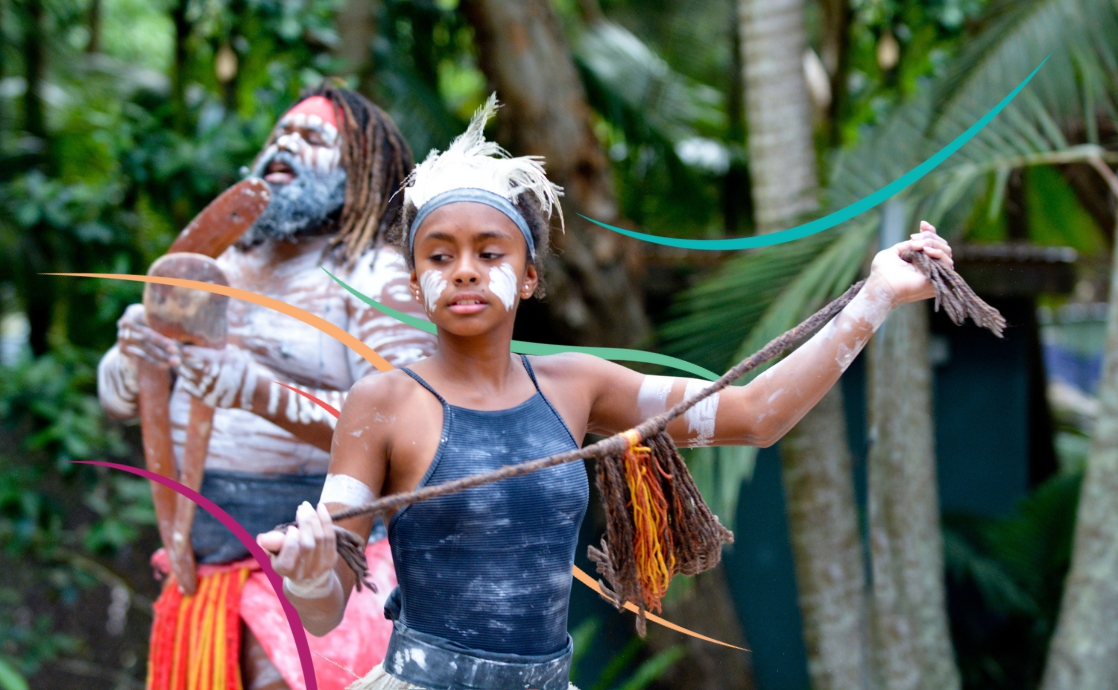

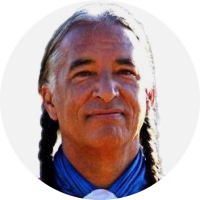
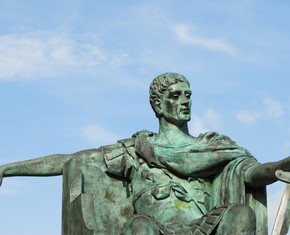
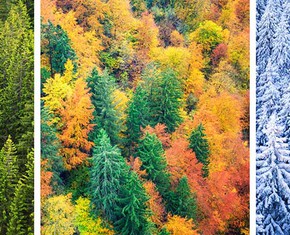
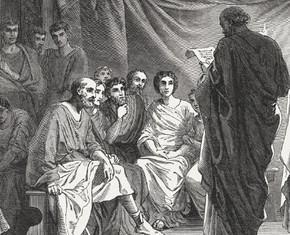









Comments
Sign in or create an account
Continue with Googleor